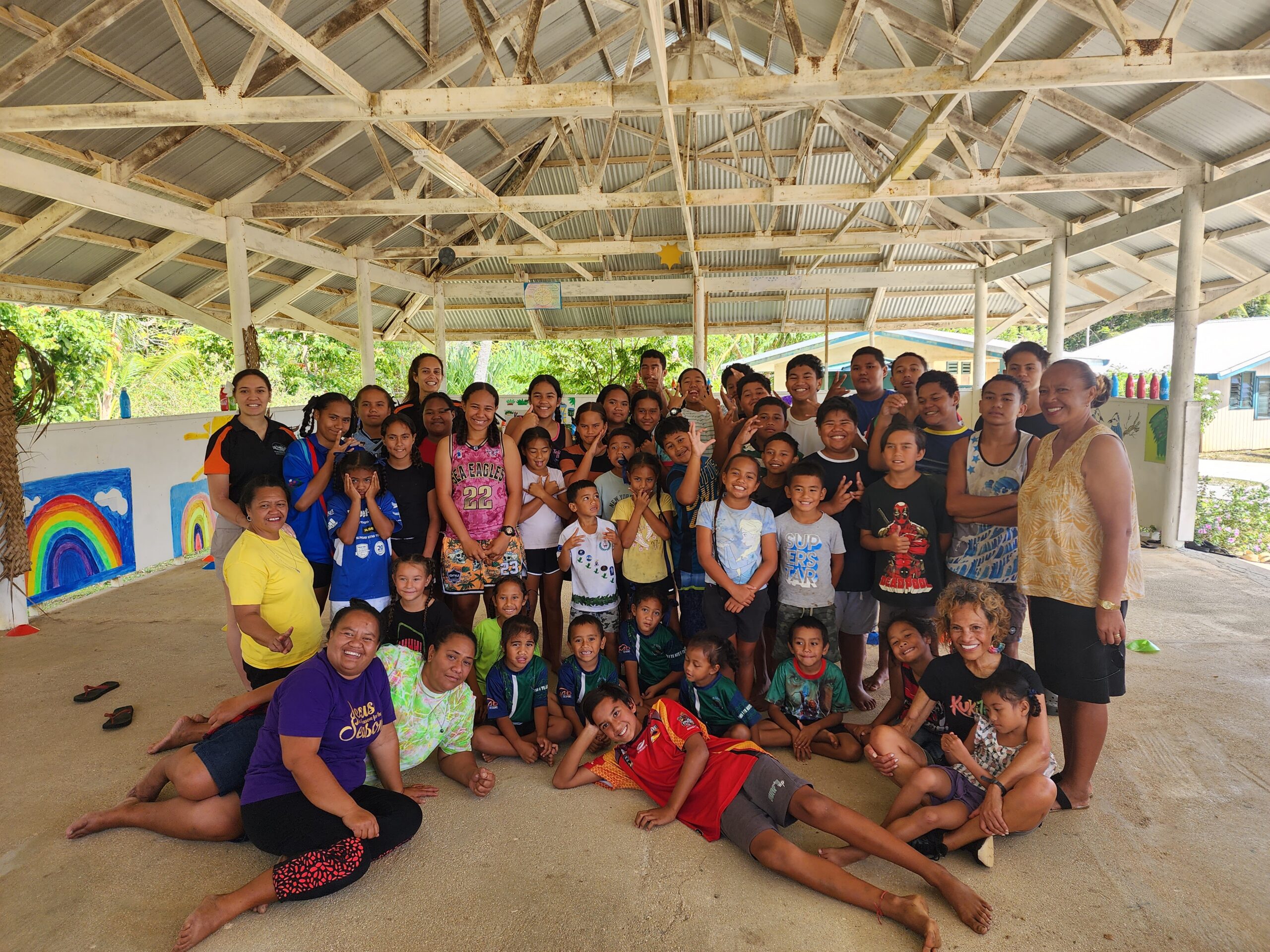Protecting a little paradise in Ma'uke
With the introduction of non-biodegradable equipment and packaging over the past 50 plus years, waste management in the pa enua has become very challenging. Plastics, e-waste and whiteware are among the most prevalent waste categories. There is a lack of support and infrastructure to facilitate the export of any of the waste that cannot be dealt with properly on these small islands.. Some individuals get creative for example, making plant barriers with old washing machines, or hammock beds from derelict Fish Aggregation Device (F.A.D) netting. However there is often a lot of waste that is left over with nowhere else to go but to the landfill.
We came to Ma’uke with Kuki Time 4 Kidz, to deliver our waste management presentation to Apii Ma’uke.. This collaboration allows the team from Te Ipukarea Society to present the students with facts and figures, focussing on the issues around plastic waste and those local solutions to mitigate the build up of plastics in the pa enua. The talented Phoebe Happ from Kuki Time 4 Kidz is then able to bring a new dimension of learning through performing arts, engaging the students with fun and interactive songs that have key messages such as “Ta’au Taku Tita”..
We presented our plastics pollution presentation to both the junior and senior students of Apii Ma’uke. This presentation looked closely at the negative effects of single use plastics which simply do not break down and last for 100s of years in our environment. Much of this waste will eventually reach our ocean, especially when our landfills are located close to the coast. We also talked about alternative and reusable options to help minimise waste from the very beginning, and introduced projects like eco brics as a way to reuse plastic waste and turn it into something practical like an outdoor raised garden.
Apii Mauke are already leading the way in refusing single use plastics at school, with every student and teacher having their own reusable water bottle thanks to the Ministry of Health. That's 100s of single use plastic water bottles not ending up at Ma’uke’s local landfill thanks to simple initiatives that ‘reuse’.
Te Ipukarea Society also took the chance to talk with the senior girls about the Maine Mura, women's health campaign on reusable feminine menstrual products. This programme discusses the environmental issues of disposable feminine waste as well as the financial strains that come with purchasing disposable hygiene products. Students were introduced to period undies, which look and feel like normal underwear but work like a menstrual pad, which can then be washed and reused. Each student received 2 period undies to trial and support them in their development as women. We appreciate the support of the Social Impact Fund which provided funds to purchase these products.
The following day a presentation, “Ocean Health is Our Wealth” was made to the senior students. This was another opportunity to engage the mapu in discussions around how much we rely on our ocean for survival, but recognising current stresses our ocean is facing from ocean pollution, overfishing, climate change and new potential threats such as Deep Sea Mining. This wasn't a new subject to anyone in the room, but offered another perspective on the matter.
Meanwhile, Phoebe Happ and Gina Terii from Kuki Time 4 Kidz were kept on their toes for the duration of the week, delivering different catchy songs in reo maori and movements to all of the students of the school. One song in particular that was frequently played was ‘Ta’au Taku Tita’ - Together reduce our waste. This action song talks of the plastic problem, but motivates the students to refuse plastic and choose to refuse or reuse, working together to reduce waste.
With Te Ipukarea Society already being present on Ma’uke, there were requests from the local community to screen the ‘Deep Rising’ documentary on deep seabed mining, as well as our local ‘Taua e Moana Deep Sea Mining, the Exploration Phase’ documentary. There was a good turn out from the community at the Opetipa Hall with brief discussions at the end. It was interesting to hear comments, including that the community had not previously been made fully aware of the potential environmental risks associated with Deep Sea Mining.
Overall it was a busy week on the beautiful island of Ma’uke working with Apii Mauke and the wider community, covering both waste management and ocean health presentations. We hope to have created some positive behavioral changes when it comes to waste reduction and some new discussion points for the community moving forward concerning the health of our ocean.

